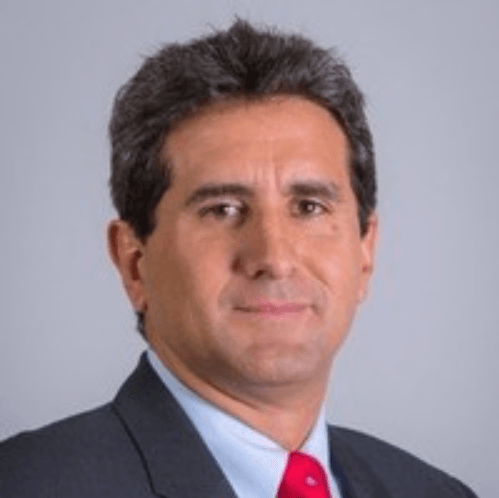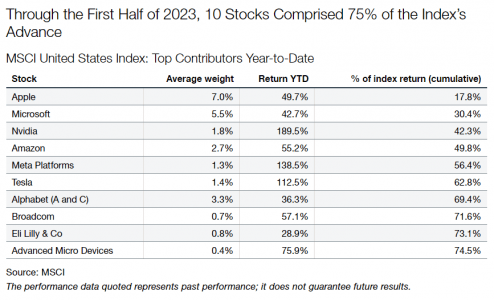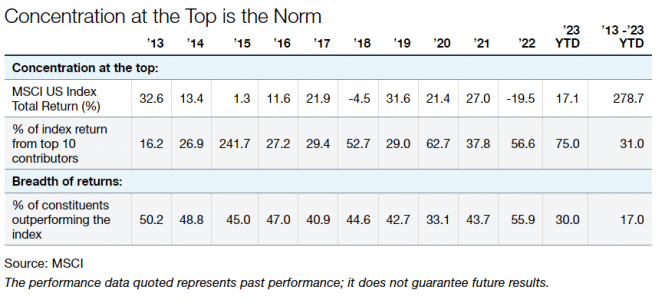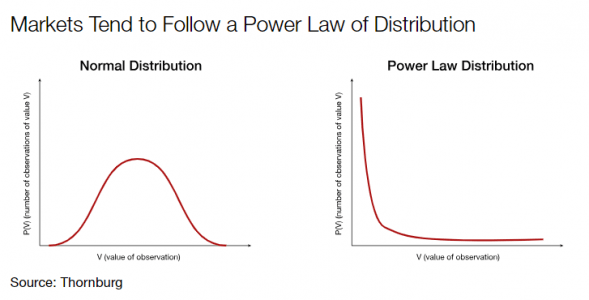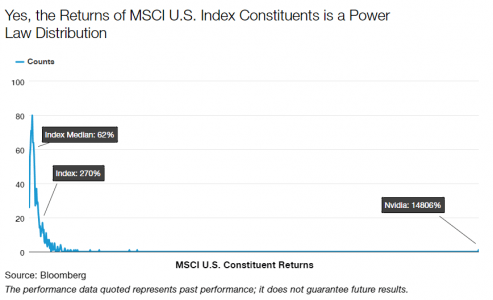
Citi announced significant changes to its organizational model that will fully align its management structure with its business strategy and simplify the bank. The new, flatter structure elevates the leaders of Citi’s five businesses and eliminates management layers, which will speed up decision making, drive increased accountability and strengthen the focus on clients. Simplifying the organization will also advance the execution of Citi’s Transformation, the firm’s top priority.
“I am determined that our bank will deliver to our full potential, and we’re making bold decisions to meet our commitments to all our stakeholders,” said Citi CEO Jane Fraser. “These changes eliminate unnecessary complexity across the bank, increase accountability for delivering excellent client service and strengthen our ability to benefit from the natural linkages that exist amongst our businesses, all with an eye toward delivering on our medium-term targets and our Transformation.”
Streamlined Leadership
The leadership of each of Citi’s five interconnected businesses will now report directly to CEO Jane Fraser and become members of the Executive Management Team. This move ensures that business leaders have greater influence on Citi’s strategy and execution while enhancing accountability. Investors will also benefit from increased transparency into the bank’s core operations. The five business leaders responsible for driving Citi’s success are:
- Shahmir Khaliq, Services
- Andrew Morton, Markets
- Peter Babej, Banking2 (interim)
- Andy Sieg, Wealth (effective September 27)
- Gonzalo Luchetti, U.S. Personal Banking
Consolidation of Geographic Leadership
The bank has consolidated leadership for its geographies outside of North America under the guidance of Ernesto Torres Cantú, Head of International. This restructuring narrows the scope of Citi’s geographic management to focus on local-market client coverage, delivery, and legal entity management. By sharing a common management team, Banking and International will foster greater connectivity across Citi, benefiting clients under a leaner structure.
Client-Centric Focus
Recognizing the importance of strengthening client engagement and experience, Citi has introduced a new Client organization. This team, led by David Livingstone, will be responsible for enhancing client engagement across the bank’s global network and businesses, reinforcing Citi’s commitment to providing top-notch client service.
Citi’s Strategic Evolution
These organizational changes come as the next logical step in Citi’s journey to implement its strategic plan, which was unveiled at its 2022 Investor Day. Over the past three years, the bank has diligently worked to be the premier banking partner for institutions with cross-border needs, a global leader in wealth management, and a trusted personal bank in its home market.
Citi’s relentless focus on its five interconnected businesses, swift progress in exiting consumer franchises outside the United States, and ongoing efforts to bolster risk management and controls demonstrate the bank’s determination to deliver on its medium-term targets and its transformation agenda.
Citi’s CEO Jane Fraser emphasized the significance of these changes in driving the bank’s success. “I am determined that our bank will deliver to our full potential,” she declared. “These changes represent our unwavering commitment to excellence and to meeting the evolving needs of our clients.”
The new organizational structure, with its emphasis on agility, accountability, and client-centricity, positions Citi to continue its transformation journey and provide exceptional service to clients worldwide.
Effective immediately, the new Executive Management Team includes:
Jane Fraser – Chief Executive Officer
Peter Babej – Interim Head of Banking; Chairman of Banking
Titi Cole – Head of Legacy Franchises
Nadir Darrah – Chief Auditor
Sunil Garg – CEO of Citibank, N.A. and Head of North America
Shahmir Khaliq – Head of Services
David Livingstone – Chief Client Officer
Gonzalo Luchetti – Head of U.S. Personal Banking
Mark Mason – Chief Financial Officer
Brent McIntosh – Chief Legal Officer and Corporate Secretary
Andrew Morton – Head of Markets
Anand Selvakesari – Chief Operating Officer
Andy Sieg – Head of Wealth (beginning September 27)
Edward Skyler – Head of Enterprise Services & Public Affairs
Ernesto Torres Cantú – Head of International
Zdenek Turek – Chief Risk Officer
Sara Wechter – Chief Human Resources Officer
Mike Whitaker – Head of Operations & Technology
Paco Ybarra – Senior Advisor


